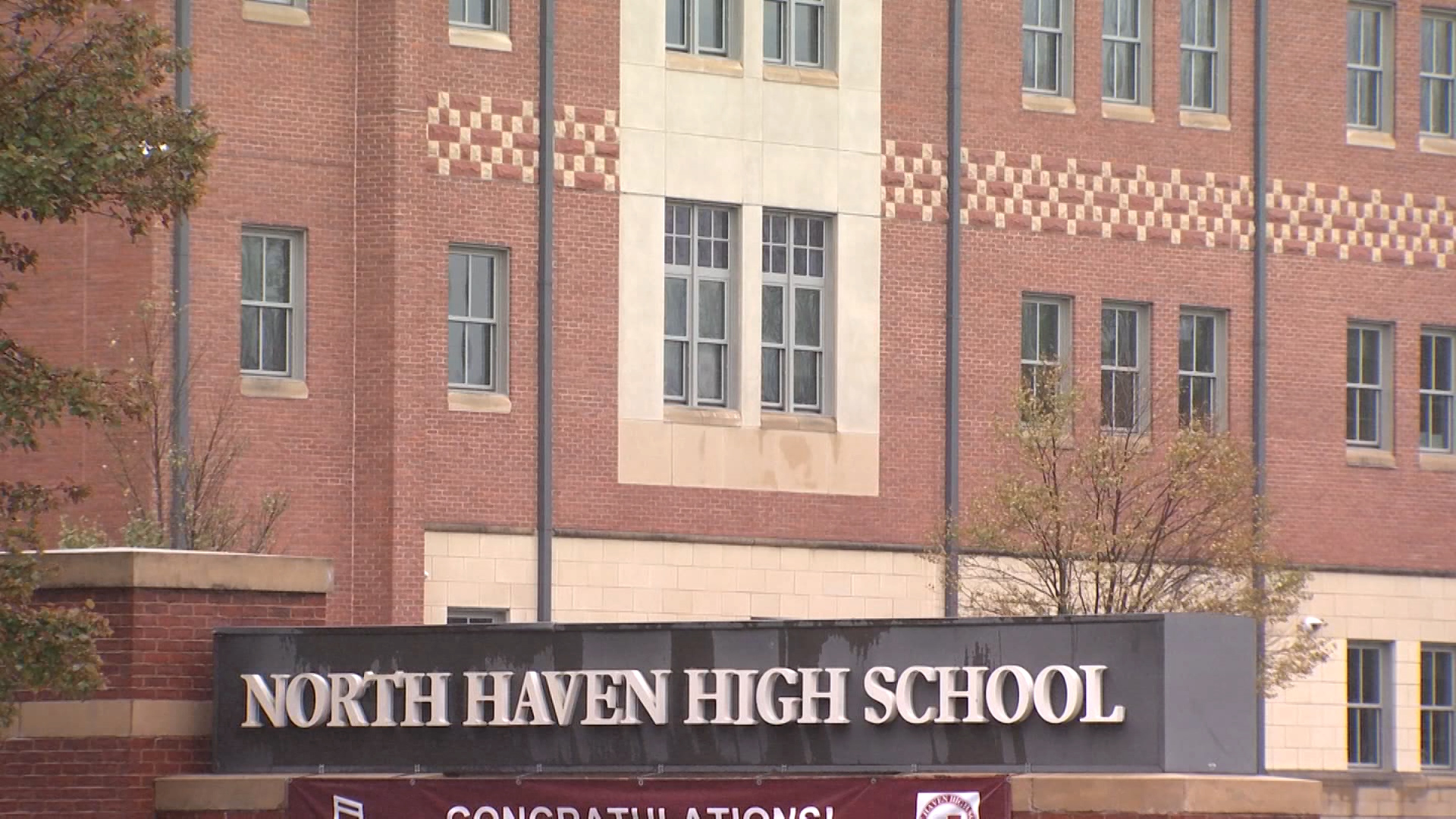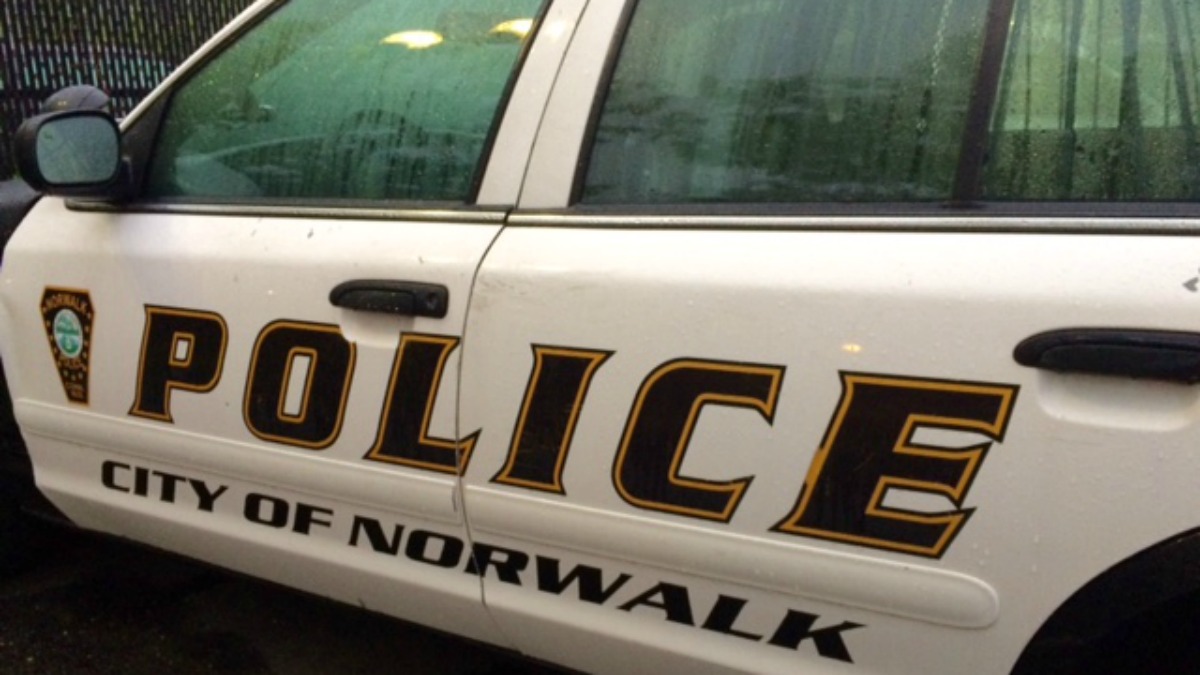Car dealers from across Connecticut warned Gov. Dannel Malloy on Thursday that some of his proposed tax increases to help cover the state's budget deficit would ultimately discourage new auto sales and lead to hundreds of job losses at their dealerships.
Members of the Connecticut Automotive Retailers Association are upset with Democratic governor's plans to impose a new 3 percent luxury tax on the value of items above $50,000 and begin taxing the trade-in value of a vehicle, often used as a down payment. They said it will hurt an industry that is just beginning to show signs of rebounding from the recession.
"Although we recognize and understand that everybody's got to share in this, we're concerned that they haven't given enough attention to what will be lost," said Art Schaller Jr., chairman of the association's board of directors and president of Schaller Auto World, with dealerships in New Britain, Manchester and Middletown. "I believe that a lot of people will just buy cars elsewhere and the state won't recognize the dollars that they're predicting will come in additionally. On top of that, I don't even think they'll get what they're getting now, as a result."
Malloy, who agreed to meet with the association on Thursday, said he's willing to have his budget director meet with the auto dealers to discuss their concerns. But the new governor stressed that he is trying to take a balanced approach in fixing the state's budget. Connecticut is facing a projected $3.5 billion deficit for the new fiscal year beginning July 1.
"You have to understand the gravity of the situation and you do, because you're survivors, I acknowledge that," he said.
Malloy has proposed a two-year, nearly $40 billion budget that raises taxes by $1.5 billion in the first year. Eliminating the current sale tax exemption on the trade-in value of a vehicle is projected to bring in $40 million in the first year of the two-year budget and $41.8 million in the second year. The new luxury surtax, imposed on the value after $50,000, is projected to bring in $1.2 million in the first year and $1.3 million in the second.
Jeff Aiosa, owner of the Mercedes-Benz dealership Carriage House of New London, said he has 37 employees and hopes to increase that number significantly after he moves from a 16,000-square-foot building to a 40,000-square-foot facility across the street. He said Malloy's proposal would prevent him from hiring more workers.
Local
"Being luxury, I'm going to be impacted more than anyone on the 3 percent over $50,000. My clients are very resourceful, they have homes in other states, they have businesses in other states," he said. "They will lose their motivation to purchase the vehicle and register it in the state of Connecticut."
Aiosa, whose dealership is near the Rhode Island border, said he believes customers will buy their vehicles in other states and use those dealerships for repairs and routine services. Aiosa estimates that revenue generated from his service department covers almost 80 percent of his overhead.
"People will be loyal to where they buy that car, and that car will be purchased out of state," he said. "It won't be purchased in this state."
Robert Valenti, vice president and general manger of the Valenti Autogroup, with dealerships in Mystic, Old Saybrook and Rhode Island, said the luxury tax will affect many vehicles that people might not consider luxurious, such as four-wheel trucks used by snowplowing businesses and various contractors and family SUVs.
Valenti also said that ending the sales tax exemption on the value of a trade-in will hurt sales. Many customers use the trade-in value of their old car toward their down payment. Under Malloy's plan, they would receive a lower value after having to pay the sales tax, forcing many to borrow more money to pay for the car. Malloy has also proposed increasing the current 6 percent sales tax rate to 6.35 percent for retail sales.
Valenti said it's common for customers to walk away from a sale because of a $20 increase in a monthly car payment.
"It's tough. It's tight. People have tight budgets and stuff. They may be held off on a purchase for a while because of the economy and all. Now they're starting to look into it," he said. "They're really cautious. They're watching every dollar, and this certainly is not going to help."



